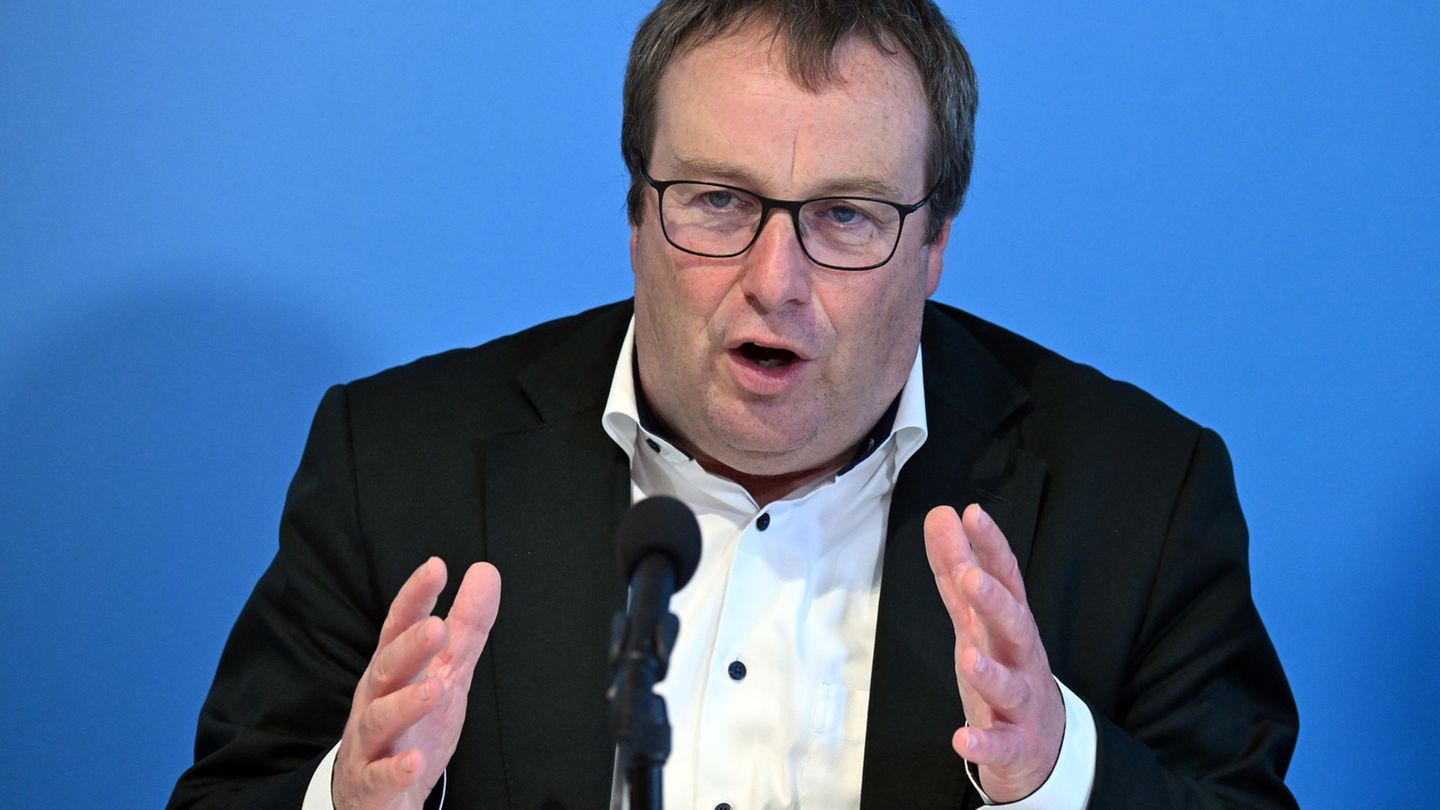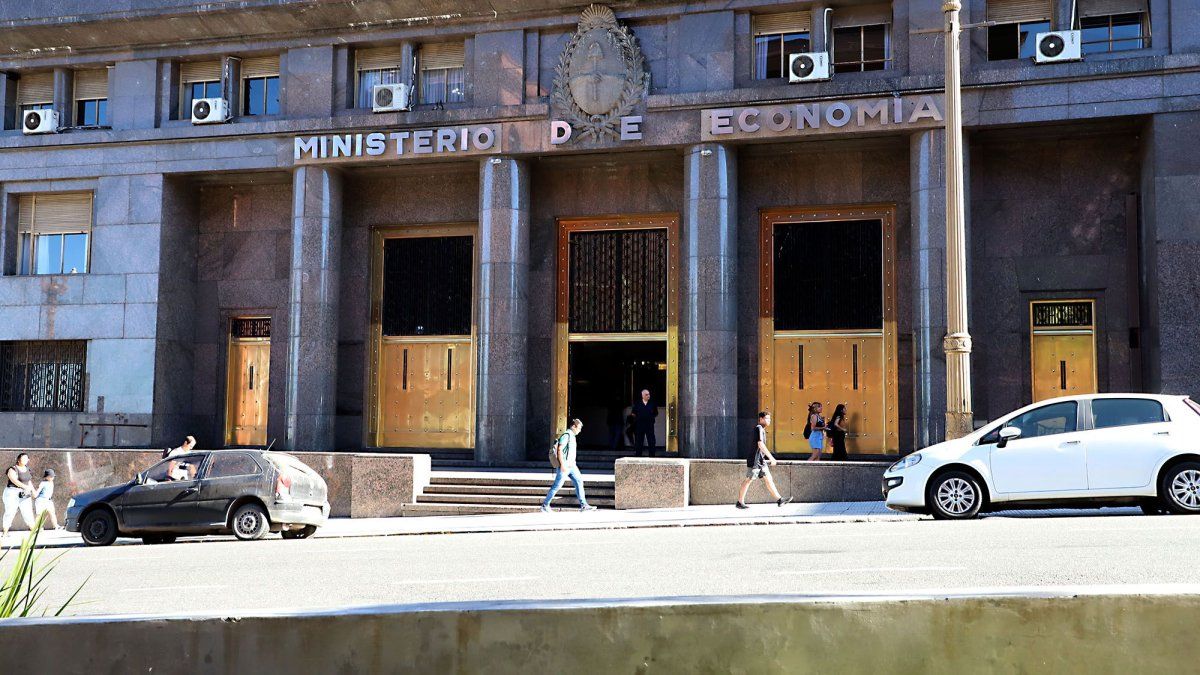More teachers, more policewomen and a gender ban: In Hesse, the first Union-led CDU/SPD coalition in state history is getting closer.
A good two months after the state elections in Hesse, the CDU and SPD agreed on a coalition agreement. At the end of the negotiations with around 200 participants, it was also about the layout of the ministries, said CDU state leader and Prime Minister Boris Rhein in Wiesbaden. The ministers will not be determined until the beginning of 2024.
The coalition negotiations ended on Wednesday evening. This Saturday, party conferences of Christian and Social Democrats in Frankfurt and Groß-Umstadt in southern Hesse must first decide on the 184-page draft of the coalition agreement. Next Monday, according to plans, Rhein and the SPD state chairwoman and Federal Interior Minister Nancy Faeser will sign this government program for the years 2024 to 2029.
CDU could vote
In the past decade, Hesse was led by a black-green government. The CDU clearly won the state election on October 8th, after which it was able to comfortably choose between the Greens and the SPD as coalition partners. After exploratory talks, the Union decided to reject the Greens in favor of a first Union-led CDU/SPD coalition in the state’s history.
According to Rhein, the black-red negotiations that lasted several weeks were “almost friendly” and “damn fair.” He only has “enormous pain” because the Economics Ministry is going to the SPD, but that is part of the necessary compromises.
Under no circumstances is there any “submission” of the Social Democrats. In the state election, they received 15.1 percent, less than half of the votes of the Christian Democrats (34.6 percent). SPD parliamentary group leader Günter Rudolph spoke of factual discussions “at eye level”. There is “a lot of social democratic handwriting” in the draft contract.
The new “Hesse Treaty”
This is under the motto “One for all”. This means “a coalition for all people in Hesse,” explained SPD General Secretary Christoph Degen. The detailed draft contract is essentially based on a joint key points paper by both parties from November. For example, the new “Hesse Agreement” includes the announcement of increased educational offerings from daycare centers and schools to craft banks and university lecture halls. The multi-tiered school system should be retained and the number of teachers should be increased.
The “Hesse Treaty” goes on to say: “We will ensure more security with more police officers.” The CDU and SPD are committed to the right to asylum, but also speak of a “limit”. Therefore, irregular migration should be significantly limited and at the same time the integration of refugees with the right to remain should be strengthened.
Black-Red is also sticking to a controversial announcement: “We will stipulate that gendering with special characters will be avoided in public administration and other state and public institutions (such as schools, universities, radio) and will be based on the Council for German spelling takes place.”
Who gets what?
The draft coalition agreement goes on to say: “The CDU will provide the Prime Minister.” In political Wiesbaden, the incumbent Rhein is expected to be re-elected. According to the draft contract, the SPD will provide the deputy head of the state government.
The ministries will therefore be redesigned. The CDU should have eight ministers and the SPD three. Among other things, the interior, finance and education departments as well as a new ministry for agriculture and the environment, viticulture, forestry, hunting and homeland will go to the Christian Democrats. The SPD will have a super ministry for economics, energy, transport, housing and rural areas, the department for labor and social affairs as well as the ministry for science and culture.
Rhein said that before Christmas and between the years he leaves possible ministerial candidates alone. There is not yet a complete CDU personnel table. The SPD also said that its three department heads would probably not be appointed until the beginning of 2024.
Source: Stern
I have been working in the news industry for over 6 years, first as a reporter and now as an editor. I have covered politics extensively, and my work has appeared in major newspapers and online news outlets around the world. In addition to my writing, I also contribute regularly to 24 Hours World.




